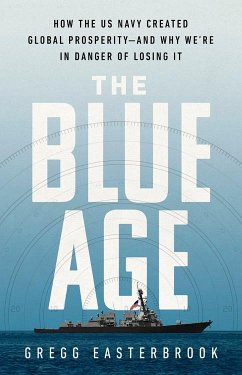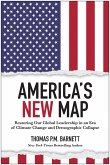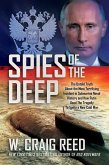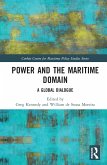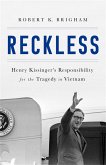"The United States has by far the most powerful naval fleet in the world. Other nations are not even trying to keep up. This has enabled America to stand sentinel over crucial waterways like the Strait of Malacca, ensuring safe passage of goods with little interruption. But we are entering a new era. What will happen if the US does not keep spending resources on improving trade between other nations? Will China's rising economic influence and regional aggression cause us to pull ships out of the South China Sea, or result in a conflict between our navies? What will happen if new shipping lanes are opened near the Arctic Circle, or other places changed by global warming? Surveying both decades of naval history and a world of contemporary politics, this book makes a unique and urgent argument about the future of global trade"--
Hinweis: Dieser Artikel kann nur an eine deutsche Lieferadresse ausgeliefert werden.
Hinweis: Dieser Artikel kann nur an eine deutsche Lieferadresse ausgeliefert werden.

